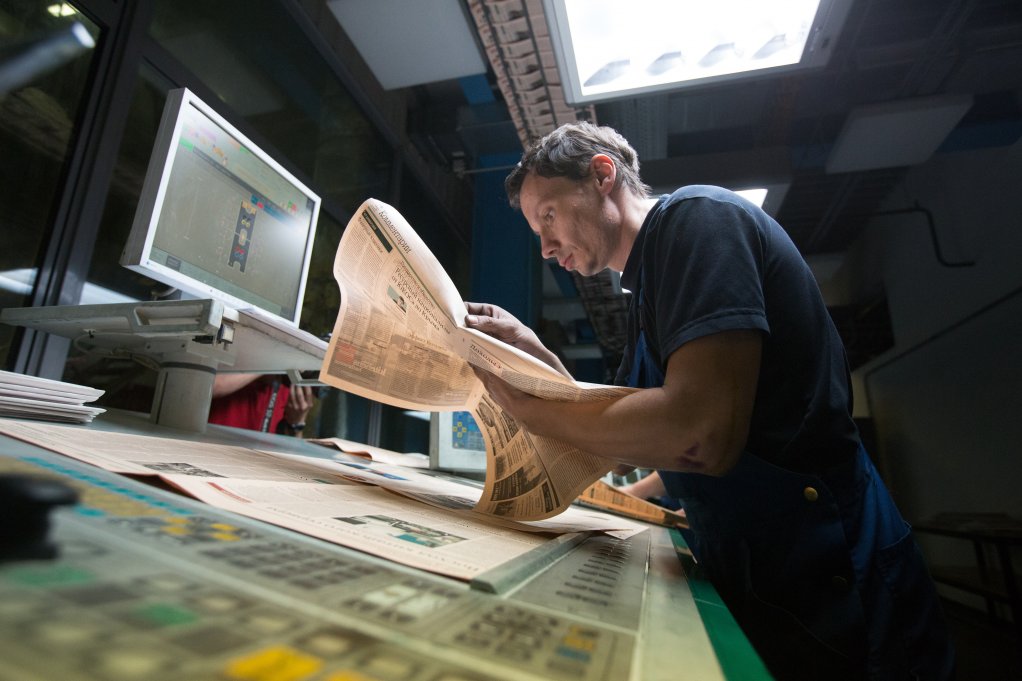The concept of freedom of expression in the media has a different meaning depending on whether you ask a journalist, an editor or a cartoonist.
These different and sometimes opposing views of media freedom emerged during a panel discussion organised by the Right2Know (R2K) campaign in Cape Town on Wednesday night.
R2K coordinator Mark Weinberg said it was very important to open up a discussion given the recent attacks on media workers.
The panel discussion formed part of a global debate on the freedom of expression, following a deadly assault on the offices of the famed French weekly Charlie Hebdo, by Islamic extremists, two weeks ago. The world seemed split between feeling that the depiction of Prophet Muhammed in cartoons was offensive, and championing the rights of free expression by spreading the "Je Suis Charlie" slogan.
Muslim Views community newspaper editor Farid Sayed condemned the killings of media workers as a "sickening crime".
He said media freedom should be looked at within the context of who owned media companies and what narrative they pushed at the expense of those without power.
Gatekeeping existed in every newsroom.
"I think we fool ourselves when we think we don't censor. We don't call it censorship. We say we spike a story or we edit."
He believed the balance of freedom of expression lay within allowing more marginalised views to be heard through the growth of community media.
Freelance newspaper cartoonist Brandan Reynolds believed his job was to shed light and understanding on pertinent news events and lampoon people in power for decisions that affected the masses.
However, this needed to be done within respectful parameters and with the intention of bringing people together.
There seemed to be differing views on whether a journalist's role was to promote social cohesion in nation-building efforts, or to promote a diversity of opinions.
Veteran journalist Zubeida Jaffar said she did not believe in a world where journalists acted like small children who were rude and obnoxious.
"I know instinctively that journalism is about being thoughtful. It is really trying to make sense of what is happening around you. It is my role to help society to understand the issue," she said.
She was not comfortable with media that presented the Muslim faith as stupid when extremists made up a very small portion of the religion.
"Humour really depends on where you stand and in our society, we are trying to bring as many people together. We have to think very deeply about finding the right words."
Another veteran journalist, Terry Bell, disagreed and believed that the best way to diffuse and undermine extremists and fundamentalists was through humour.
"We should all be tolerant and care about one another but one should also stand up and fight wherever possible," Bell said.
He said he would like to believe that journalists would continue to try to get as close as possible to the "incredibly elusive concept of truth".
EMAIL THIS ARTICLE SAVE THIS ARTICLE
To subscribe email subscriptions@creamermedia.co.za or click here
To advertise email advertising@creamermedia.co.za or click here











